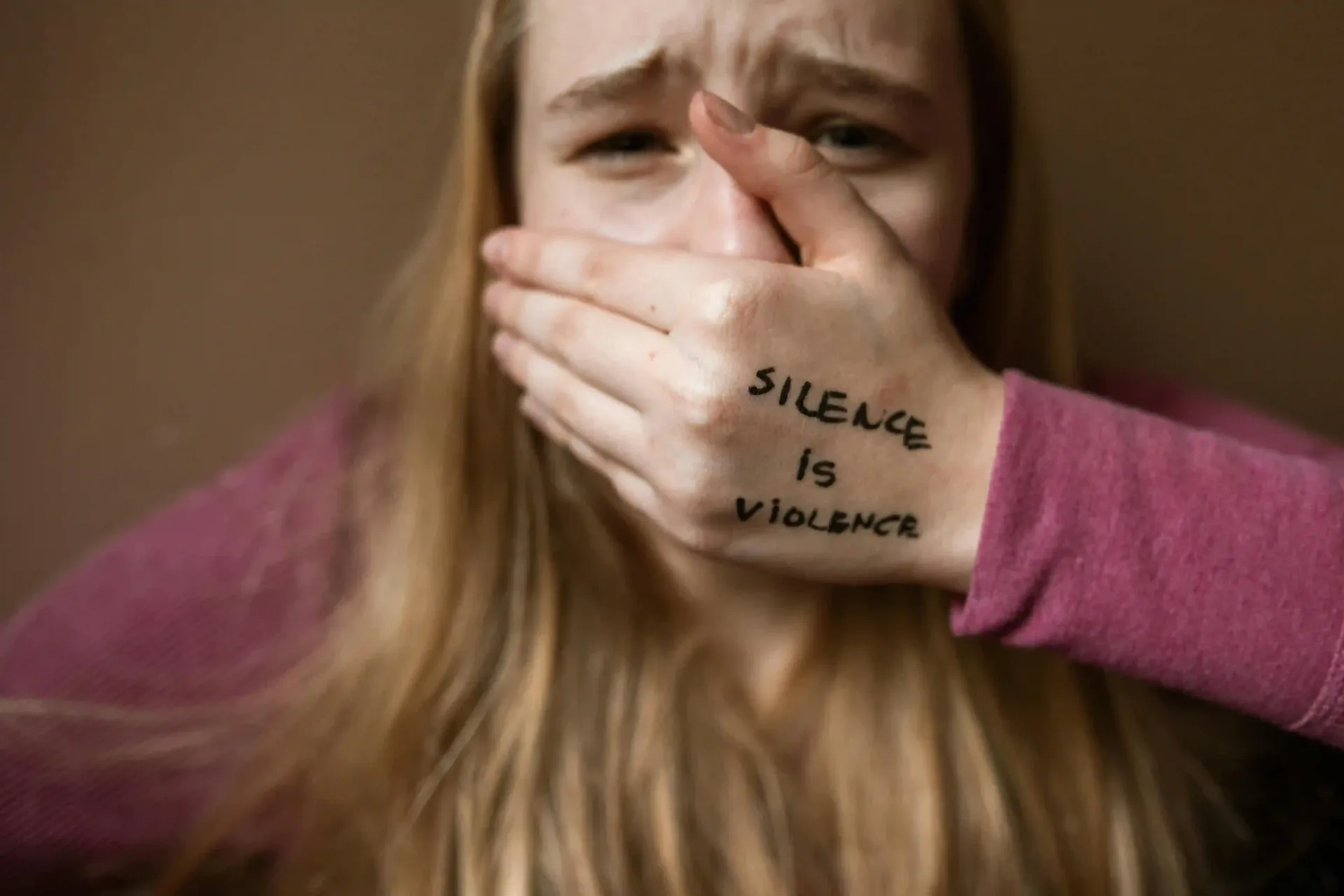Domestic Violence and Child Custody Australia: How Courts Decide Parenting Arrangements

Courts address child custody arrangements differently, when the child has been exposed to abuse and domestic violence. It is important to note that the violence doesn’t need to be directed at the child for this to be considered.
Key Legal principles
The Family Law Act 1975 outlines the key principles that govern parenting disputes. The primary principle under s 60CC is that the best interests of the child are the paramount consideration. There are two considerations the courts must prioritise under ss 60B(1)(a) and 60B(1)(b) respectively:
1. The benefit to the child of having a meaningful relationship with both parents. This is defined as something significant and valuable to the child, but does not necessarily promote an optimal relationship with the parent. Hence, no contact or supervised contact orders may be what the court determines is meaningful to the relationship.
2. The need to protect the child from harm, abuse, neglect and family violence. If there is evidence of this, the court will prioritise the child’s safety over maintaining parental relationships.
There is also the principle of equal shared parental responsibility. Due to changes made by the Family Law Amendment Act 2023, this is no longer a presumption. Hence, equal responsibility does not necessarily mean equal time, and there is now greater emphasis on the safety and wellbeing of the child. If there is evidence of family violence or abuse, it is presumed equal parenting arrangements are not in the best interests of the child.
Under s 60CC of the Family Law Act, the court may also take additional factors into account. However, these are not weighted the same as protecting the child from harm. These include:
- The views of the child
- The nature of the parental relationship with the child
- Willingness and ability for the parents to facilitate a connection between the child and the other parent
- Difficulties and expenses of the child spending time with a parent
- Capacity of the child’s parents to care for the children
How does abuse impact custody decisions?
The courts take into consideration a child’s protection from physical and psychological harm. This will have an impact on whether the court will award shared custody, primary care or sole custody to the parent.
Typically, many jurisdictions in Australia have legal presumptions against awarding custody to a parent who has a history of domestic violence. There are various orders the court can grant in this case. These may include:
- A supervised visitation order. This means the abusive parent will be able to visit the child in the presence of an approved supervisor, at a safe place like a family member’s house or a contact centre.
- A no-contact order. This will warrant sole parental responsibility to the other parent. For the court to grant this, sufficient evidence must be established. The behaviour must be identified as an unacceptable risk to the child and one that cannot be mitigated through alternative orders. This must also be what is in the best interests of the child.
Courts may also require the abusive parent to complete intervention programs such as anger management classes or domestic violence counselling, before considering any changes to custody or visitation arrangements.
Court Procedures in Family Violence Cases
If the court finds there has been family violence or child abuse, it will make orders to protect the children. It may not immediately make a parenting order, or may order an investigation or a report from a state welfare authority. The court will try to make an interim order that protects the children.
If the court considers children may be at risk in one parent's care, it can order them to spend time or communicate with that parent under certain conditions or under another person's supervision. The supervised contact can take place with another relative or at a contact service. A contact service is a place where children can be dropped off and picked up or where children can spend supervised time with a parent.
In situations where allegations of family violence are contested and the court cannot immediately determine the truth, it may order supervised time for one parent while the matter is being investigated further.
The court may also appoint an independent children's lawyer to investigate the matter and make recommendations about the children's best interests.
How does domestic violence impact the ability to seek child custody?
When seeking legal advice, it is important for the parent to notify the lawyer that they have experienced domestic violence. This means they may be able to help the parent make safe arrangements if they are required to go to court of Family Dispute Resolution. They can also refer them to support services.
It is also compulsory to inform the Family Court of any domestic violence orders already in place. Any parenting orders made by the Family Court must be consistent with these state orders. In cases of domestic violence, the requirement for the disputing parents to attend mediation or dispute resolution can be waived to avoid further unsafety.
The presence of an Apprehended Domestic Violence Order (ADVO) doesn’t automatically prevent a parent from having contact with their child, but this is a significant factor the courts consider. It is also wise to get the names of the children on the ADVO, if the domestic violence is directed at them.
The child’s best interest will always be paramount. To ensure this occurs, an Independent Children’s Lawyer may be appointed to represent the child’s interests. This may take the form of ordering psychological assessments or obtaining evidence from the police and child protection agencies.
Relationship Between Parenting Orders and Family Violence Orders
A parenting order will override (replace) a family violence order made by your local Magistrates Court if the two orders say different things. The family law courts can also order state and territory agencies, such as a child welfare agency or police, to give information to the court that they may have about family violence, child abuse or allegations that this might have occurred.
The court will ensure that a family counsellor or a family dispute resolution practitioner provides information about services and options available to you. If there's an urgent risk of family violence or child abuse, the court may make a parenting order and direct that you receive information later.
Do I Need Legal Advice?
You may need legal advice if:
- You or your children are at risk of harm
- You disagree about what's in the child's best interests
- You're thinking about signing a parenting plan or consent orders, and before you file consent orders with the court
- You plan to get court-ordered parenting determination
- You're concerned about family violence or child abuse in your family situation
- You need help understanding how family violence might affect your parenting arrangements
Conclusion
Whilst it can be difficult for a parent to notify their lawyer that they are experiencing domestic violence, notifying them will help change the legal advice they provide. This is important to ensure both the safety of the parent, and the children involved.
Remember that the court's primary concern is always the best interests of the child, with particular emphasis on protecting children from harm, abuse, neglect, and family violence. If you're dealing with a custody situation involving domestic violence, seeking appropriate legal advice early can make a significant difference to the outcome.
If you're facing challenges with child custody in Australia matters involving domestic violence, we encourage you to contact our team at The Norton Law Group. Our compassionate and skilled lawyers are committed to helping you navigate these difficult circumstances with sensitivity and professionalism.










